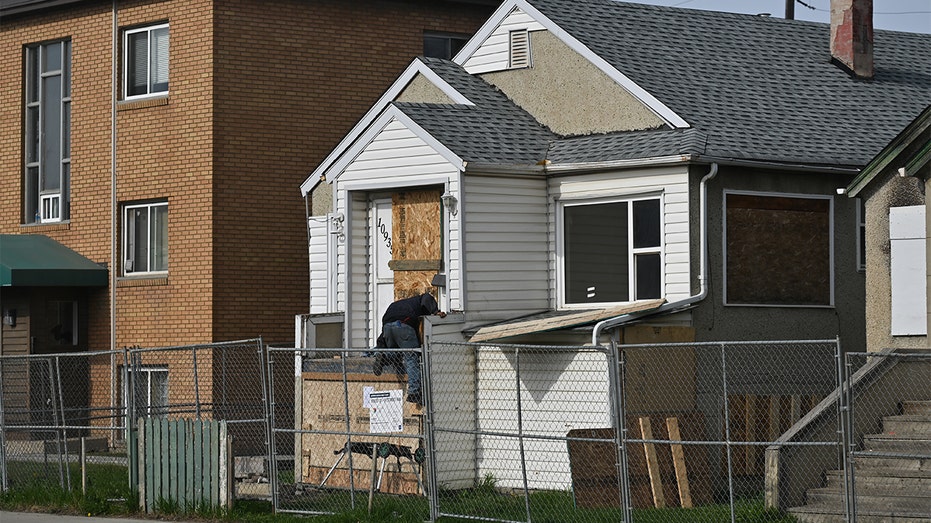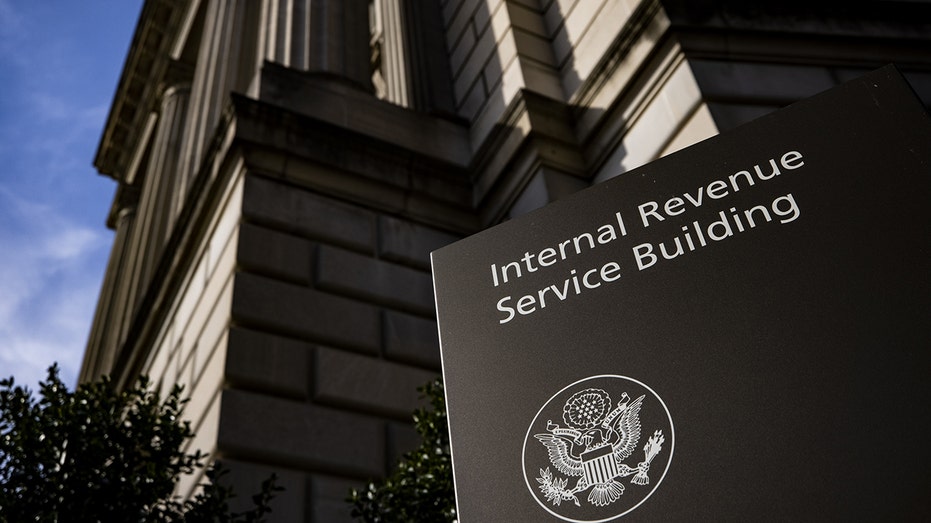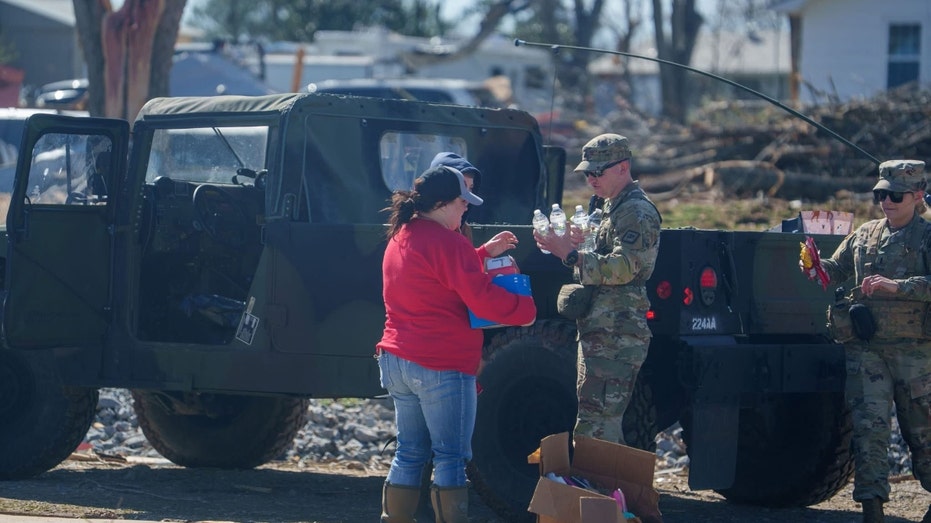Georgia Homeowner Arrested for Attempting to Reclaim House from Squatter
A Georgia homeowner found herself in handcuffs after trying to move back into her own house, which had been occupied by an alleged squatter. Loletha Hale, the homeowner, had won a legal battle against Sakemeyia Johnson, the squatter, but was still unable to regain possession of her property. The incident, which took place on December 9, has raised questions about the rights of property owners and the prevalence of squatter cases in Georgia.
Legal Battle Leads to Frustration
Hale had been embroiled in a months-long legal battle with Johnson over ownership of the house. Finally, a judge ruled in Hale’s favor, granting her the right to reclaim her property. However, when Hale returned to the house to clean up, she was met with resistance. The police accused her of executing an illegal eviction and forcefully removing Johnson’s belongings. Hale, on the other hand, felt frustrated and wronged, as she witnessed the squatter comfortably living in her home while she was left to sleep on a mat on a cold concrete floor.
Lack of Proper Documentation
One of the key factors in this case was the absence of a “signed writ of possession” that would have legally allowed Hale to evict Johnson. Without this document, the police sided with the squatter, claiming that Hale had no right to forcefully remove her. Johnson maintained that she had thought Hale had given up and moved out after losing the legal battle in court. However, Hale stated that she had returned to the property to find the locks broken, indicating that Johnson had not vacated the premises as she had believed.
The Growing Issue of Squatter Cases in Georgia
This incident sheds light on a larger problem in Georgia – the rise in squatter cases. Recent years have seen an increase in the number of these cases being brought to court. In 2017, there were only three reported cases, but by 2021, that number had risen to 50. Shockingly, in 2023 alone, there were 198 civil court cases involving squatting in the state. The implications of these statistics are concerning, as they highlight the challenges faced by property owners in protecting their rights and reclaiming their homes.
The Need for Further Examination
As the case between Hale and Johnson unfolds, it raises important questions about the legal system’s ability to address the issue of squatting effectively. Additionally, it calls for a closer examination of the laws and regulations surrounding property ownership and eviction processes. Homeowners like Hale deserve better protection and support when faced with the frustrating and often disheartening experience of dealing with squatters.
The Clayton County Police Department, who handled the incident, has not yet provided a comment on the matter. As this story continues to develop, it serves as a reminder of the ongoing struggle faced by property owners in Georgia and the urgent need for action to address this growing problem.



